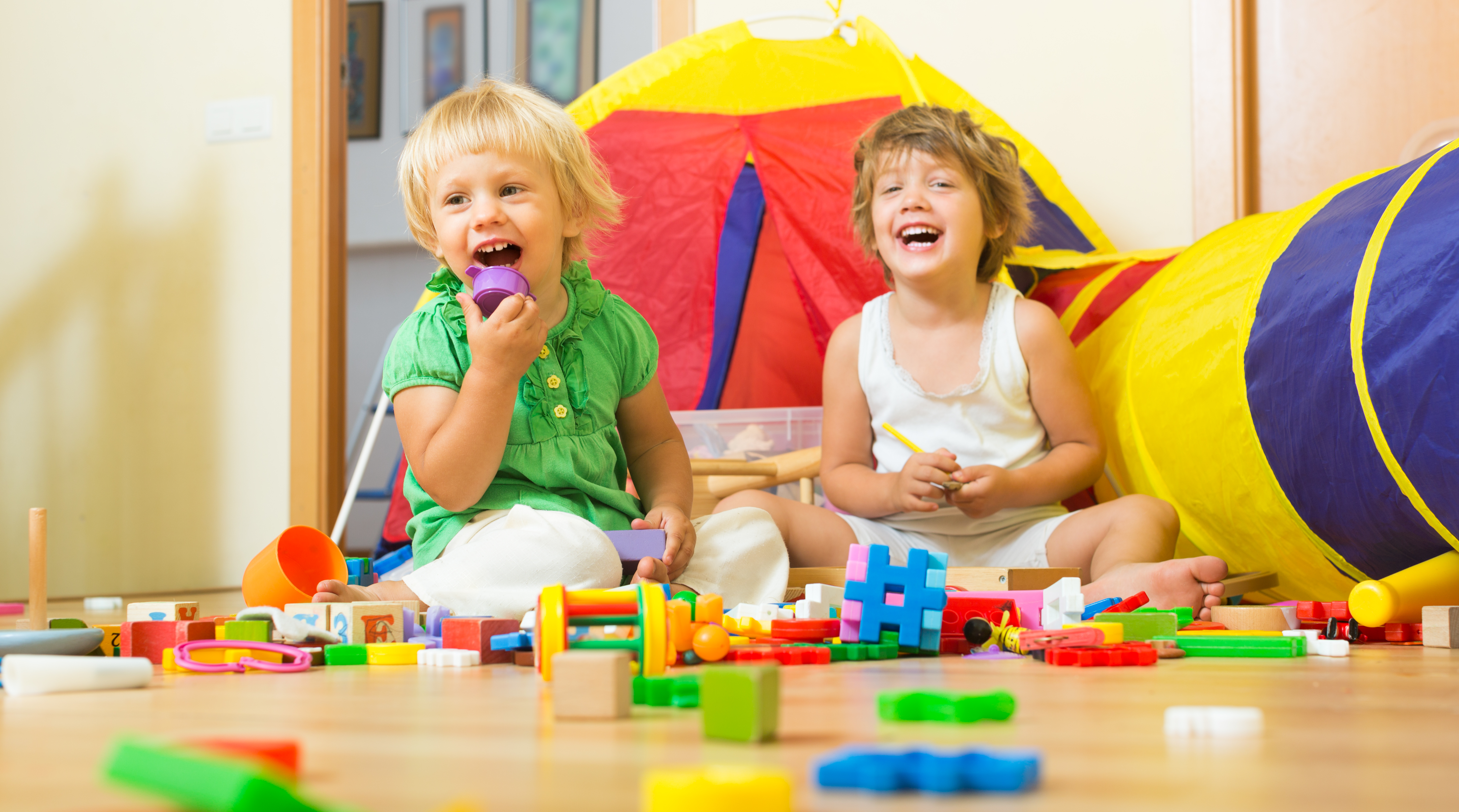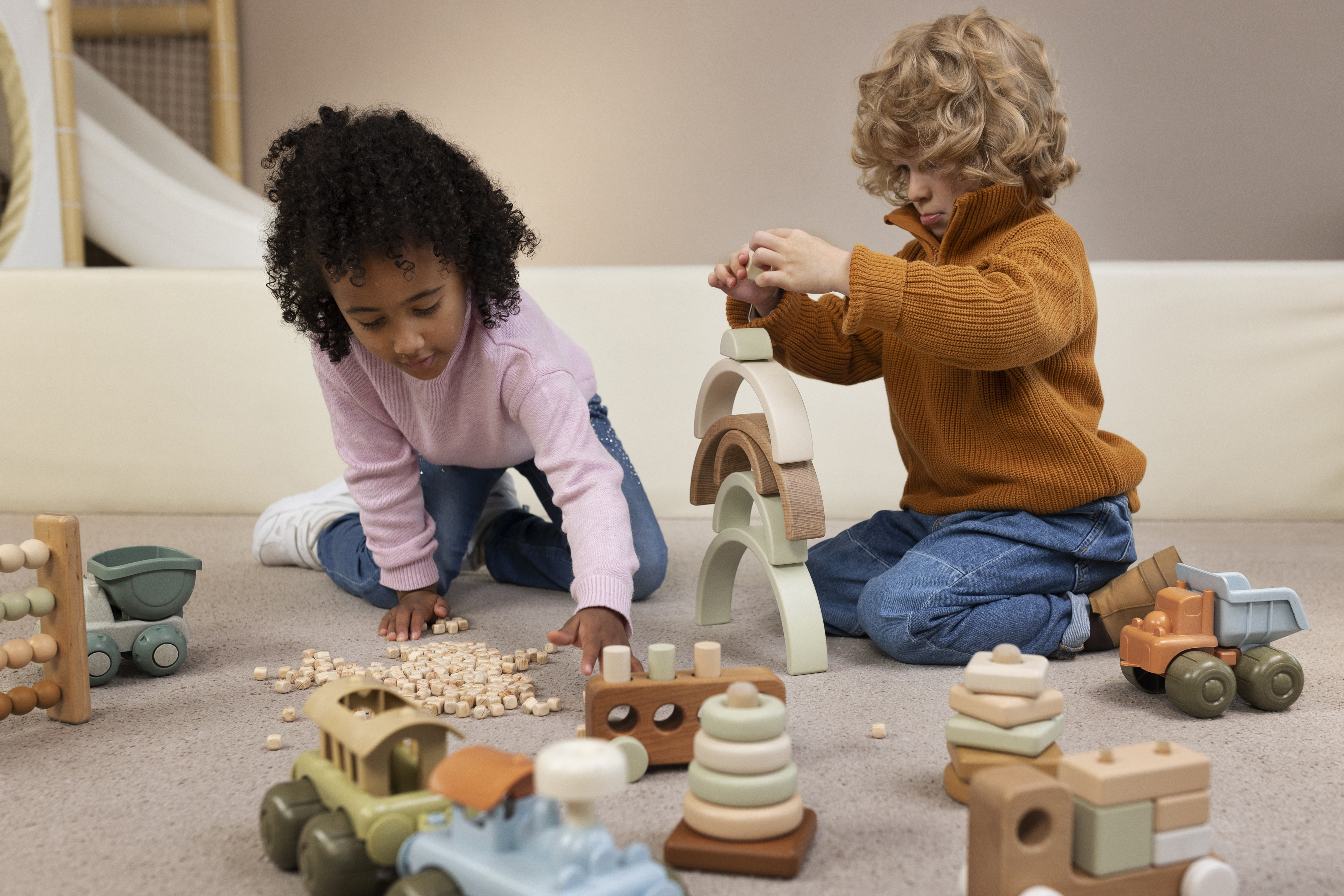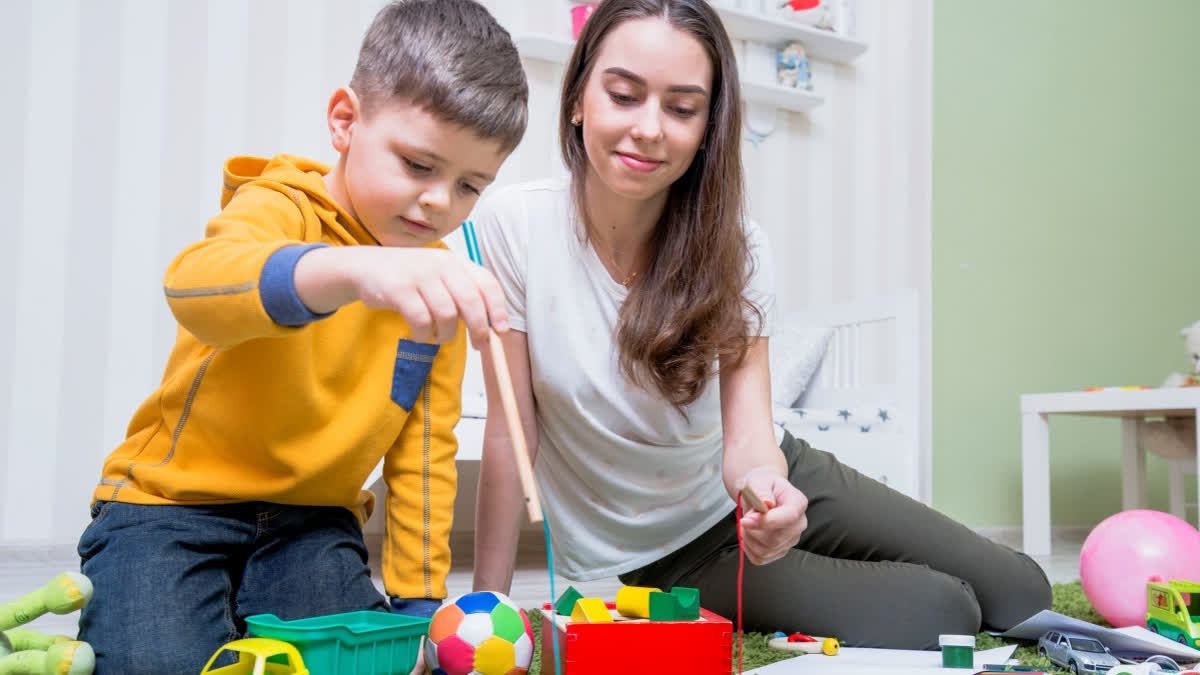Ninety percent of a child's brain develops by the age of five? This rapid growth is not only by academic learning, but by play—a vital and often underestimated aspect of childhood development. While academic learning is the focal point in schools, research and experience have shown that playtime is just as crucial, if not more so, in fostering brain development in young children. UNICEF rightly explains that play is not just a way to have fun, but a way for children to make sense of the world around them by developing their motor, cognitive, social and emotional skills. Researchers have found that children who participated in daily imaginative play demonstrated improved executive function, problem-solving ability, and cognitive flexibility. Aanchal Vasandani, Vice President, Content Development at VIBGYOR Group of Schools says, "This is because play promotes neuroplasticity by encouraging the development of neural pathways that support higher-order thinking."
The Brain and Play: A Deep Connection
In the early years, a child's brain is highly malleable, forming over 1 million new neural connections per second — a pace that is never repeated in their lifetime. During this period, children's brains absorb information from their environment, actively creating pathways that influence their ability to think, learn, and interact with others throughout their lives. Play, in all its forms — imaginative, structured, or physical — stimulates these connections, laying the foundation for complex skills later on.
Cognitive Development
Play encourages children to think critically, solve problems, and engage in imaginative scenarios. Whether they are stacking blocks, engaging in pretend play, or solving puzzles, children learn to plan, analyse, and make decisions. These experiences promote executive function skills, vital for tasks such as memory, reasoning, and impulse control. Activities that require imagination or role-playing, strengthen problem-solving skills and encourage creative thinking.

Language and Communication Skills
Play is integral to developing a child's language skills. Play promotes both excessive and receptive language skills by allowing children to engage in conversations, storytelling, and role-playing. Interactive play with peers, siblings, or adults allows children to practice verbal communication in natural contexts. Singing songs, reading interactive books, and asking questions improve grammar and understanding of social cues. Storytelling through play also enhances comprehension and the ability to express ideas clearly.
Emotional Regulation
Playtime provides children with opportunities to learn and practice emotional regulation. Through play, they experience a range of emotions—joy, frustration, empathy—and learn to navigate these feelings in a safe environment. For example, losing a game or waiting for a turn teaches patience and resilience. Play helps children process emotions, offering chances to express themselves and manage stress or disappointment healthily.
Social Skills
The social benefits of play are profound. Engaging with peers in play settings teaches essential social skills such as cooperation, sharing, negotiation, and conflict resolution. Research has found that children who play more are increasingly self-regulated, cooperative, considerate, friendly, and socially competent. Group play also allows children to practice taking turns, following rules, and collaborating to achieve common goals. These interactions are vital in shaping their ability to build and maintain relationships throughout life.
Physical Development
Physical play—running, jumping, climbing, or playing sports—is essential for developing fine and gross motor skills. These activities build coordination, balance, and strength, while also improving focus and concentration. Active play is crucial for brain development because physical movement helps the brain release neurotransmitters that aid in learning and memory. Moreover, outdoor play supports a healthy immune system and overall health.

Play as a Tool for Learning
One of the most important aspects of play is that it is an intrinsically motivating and enjoyable activity for children. This makes it a powerful tool for learning. When children engage in play or play-based learning, they do so naturally and without the pressure often associated with structured learning environments like school. This fosters a love of learning and helps children build confidence in their abilities. Play also helps bridge the gap between abstract concepts and real-world experiences, making learning feel more relevant and engaging.
The Role of Parents and Educators
While play is an inherently natural activity, both parents and educators play a crucial role in facilitating it. At home, parents can create opportunities for their children to engage in various types of play, whether it's using everyday items as toys that encourage exploration or simply spending time together outside. Encouraging unstructured play, such as free playtime, can be just as valuable as structured, educational activities.
"In the classroom, educators can curate a learning environment rich with diverse materials that promote different kinds of play. From building blocks to art supplies, and musical instruments to dress-up clothes, a well-equipped classroom offers children endless opportunities to explore and learn,"says Vasandani. She further says that educators can guide children’s play by encouraging them to think critically, ask questions, and collaborate with their peers.
Playtime and Technology
In today’s digital age, it is essential to find a balance between screen time and physical, imaginative play. While digital games and apps can offer educational content, they should not replace the tactile and interactive experiences provided by traditional play. Children benefit most from a balance that includes both digital and physical play, with a focus on activities that encourage creativity, social interaction, and movement.
Read More:
Baby Eye Health: Warning Signs Parents Should Not Ignore
HMPV In Children: Paediatric Infectious Disease Specialist Clears Doubts About The Deadly Virus



